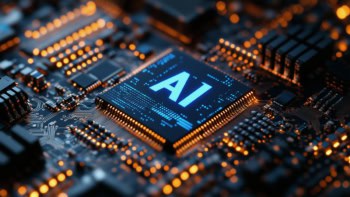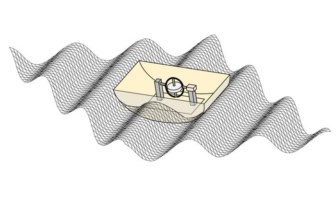Physics World reviews AI: Its Nature and Future by Margaret Boden
Back in 2014 the physicist Stephen Hawking hit the headlines by warning that artificial intelligence (AI) “could spell the end of the human race”. Like many of Hawking’s policy pronouncements, this one had a mixed reception. But is artificial intelligence actually something to be afraid of? In her short but information-dense book AI: Its Nature and Future, Margaret Boden, a cognitive scientist at the University of Sussex, UK, attempts to give readers the information they need to form their own opinions.
At the outset, she introduces the five major “types” of AI and explains how these different branches have interacted (and sometimes clashed) with each other over the discipline’s relatively short history. Broadly speaking, Boden explains, AI researchers are either interested in life, or they are interested in mind. Those in the former group tend to work on the cellular automata, dynamical systems or evolutionary programming strains of AI, while those in the latter group are drawn to studies of artificial neural networks or the logic-based “classical AI” championed by Alan Turing and his later disciples.
Developing any kind of general AI system (that is, one that can react in a human-like way to a wide variety of situations and problems, and not just be really good at, say, playing chess) will, Boden argues, almost certainly require a combination of these approaches, and probably additional ones as well. As for the chances of super-human AI emerging, Boden places herself on the sceptical end of the spectrum. In an insightful final chapter that also touches on the emerging field of AI ethics, she argues that while the so-called “singularity” (the point at which machines become more intelligent – whatever that means – than humans) may be possible in theory, it is effectively never going to happen in practice.
- 2016 Oxford University Press £12.99/$18.95hb 156pp


